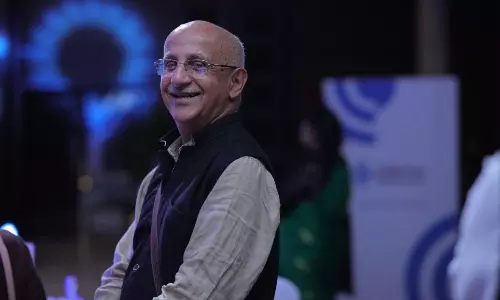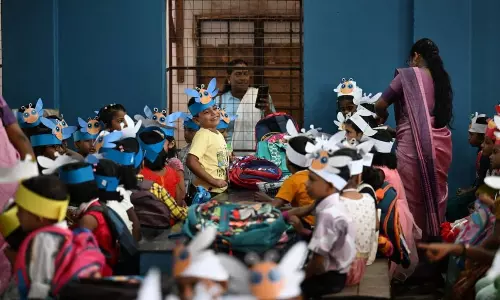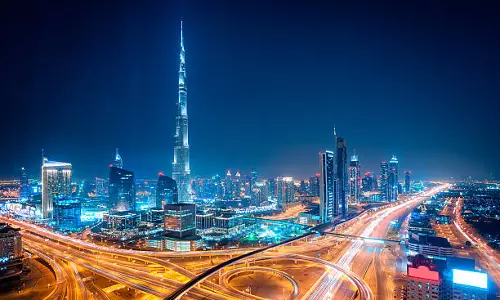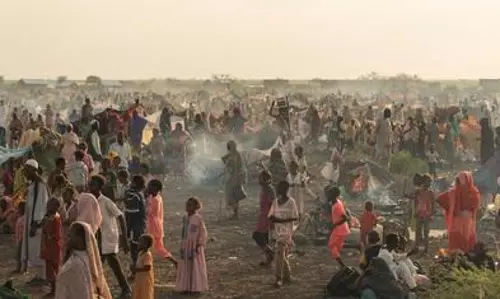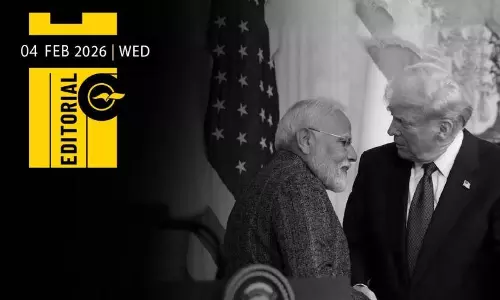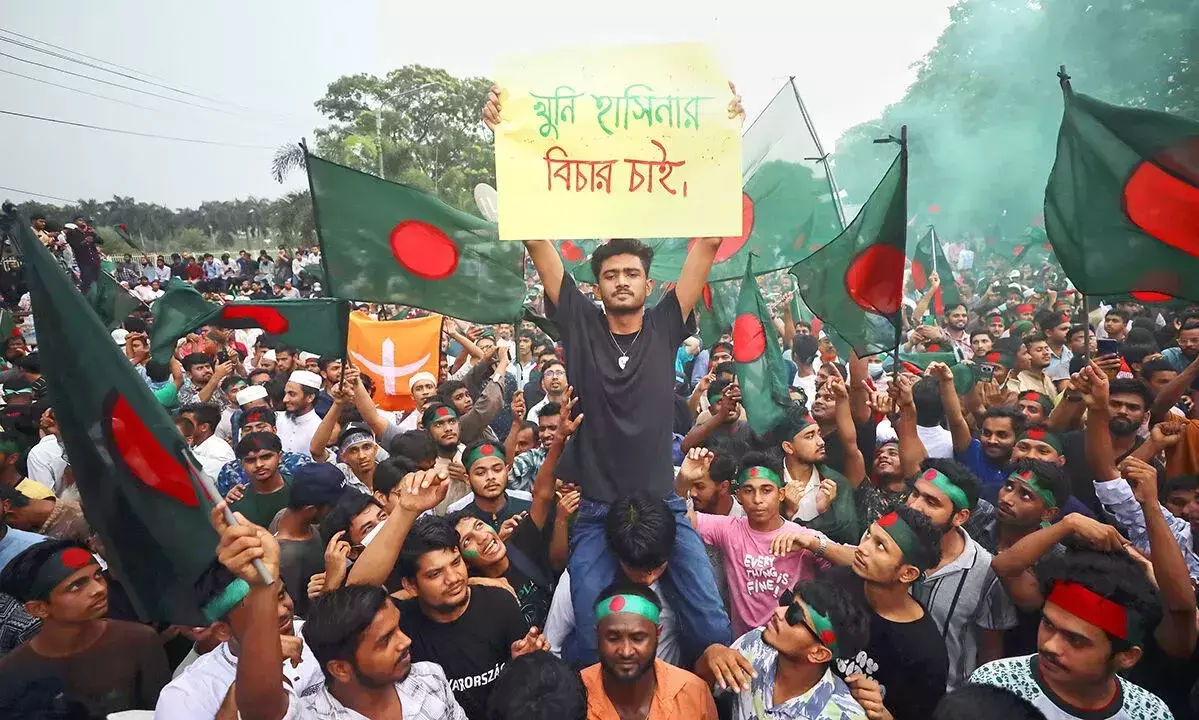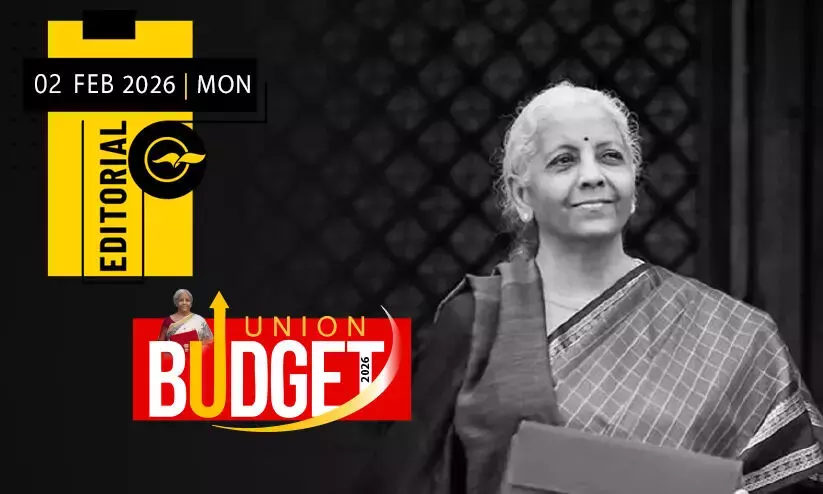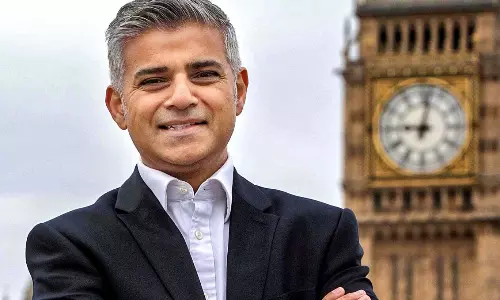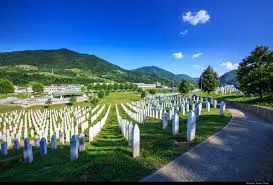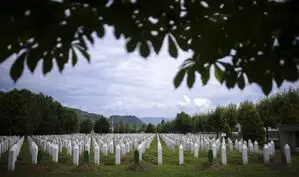
From Srebrenica to the world: the genocide that shames Europe—and warns us all
text_fields“We believed the war would eventually end – that it had to. The United Nations was there, the Blue Helmets… the darkness couldn’t last forever. Of course, we all feared for our lives… But the scale of what would happen next was beyond anything we could have imagined.”
— Nedzad Avdic, Srebrenica survivor
This month marked the 30th anniversary of the genocide in Srebrenica, Bosnia—a massacre of more than 8,000 Muslim men and boys by Bosnian Serb forces while the world watched in silence. These victims were not soldiers. They were civilians seeking refuge in what the United Nations had declared a “safe zone.” And yet, over a few days in July 1995, they were separated from their families, executed, and buried in mass graves—often only partially, with bones scattered across sites in a grim attempt to hide the evidence.
For Indian readers, Srebrenica may feel distant in time and geography. But its lessons are chillingly relevant: about how nationalism curdles into fascism, about the power of hate speech to justify slaughter, and about how global institutions designed to protect the vulnerable so often fail them. From Gujarat to Gaza, from Delhi to Darfur, the echoes are unmistakable.
Srebrenica was not an outburst of spontaneous violence. It was the bloody climax of years of anti-Muslim propaganda, ethnic cleansing, and political manipulation following the breakup of Yugoslavia. Despite the presence of UN peacekeepers, Bosnian Serb forces under General Ratko Mladić overran the enclave on July 11, 1995. UN forces stood aside as families were torn apart and men and boys were led away—many never to be seen again.
Even today, new remains are being discovered. At this year’s memorial, seven more victims were buried. “Thirty years of search and we are burying a bone,” said Mirzeta Karic, laying to rest a fragment of her father in a coffin wrapped in green cloth.
President Ursula von der Leyen, speaking on behalf of the European Union last month, admitted what survivors have long known: “We acknowledge our responsibility for failing to prevent and stop the genocide.” But such confessions come too late for the dead—and ring hollow when governments across Europe now tolerate, or even promote, the same Islamophobia that fueled Srebrenica.
India, too, must not turn away. The world said “Never Again” after the Holocaust, again after Rwanda, and yet again after Bosnia. But those words grow cheaper with every unpunished pogrom, every mosque demolition, every lynching justified as patriotism. We cannot afford to treat Srebrenica as “someone else’s tragedy.” It is a mirror, and a warning.
Today, many leaders in Republika Srpska—the Serb-controlled half of Bosnia—still deny that a genocide occurred. War criminals like Mladić and Karadžić are glorified. This kind of denial is not just morally bankrupt; it retraumatizes survivors and delays justice.
As Selma Alispahić, a Bosnian actor and survivor, said: “People get tired of proving the truth that's been proven so many times. The story of hatred and the spinning of facts serves only the criminals who profited from the war”. If this sounds familiar to Indian ears, it should. Revisionist histories, communal rewriting of the past, and erasure of atrocities have become political tools in our own context too.
The words of Munira Subašić, who lost her son and 21 relatives at Srebrenica, are difficult to forget: “When you kill a mother’s child, you have killed a part of her.” Her grief is universal. So is her plea: don’t forget, don’t deny, and don’t allow the seeds of genocide to be watered again.
Mirela Osmanović, born after the genocide, lives with its aftermath. “My parents forbade themselves any joy,” she said, “as if every smile would be betrayal, as if happiness might mean forgetting.” For her generation, the bones are still not at rest. The legacy of Srebrenica teaches us to name atrocities honestly. Euphemisms like “clashes” or “riots” cannot mask the reality of organized, targeted violence.
Genocide begins not with bullets, but with words—words that dehumanize, divide, and desensitize. That is why we must confront denial head-on and resist attempts to erase history.
The failure of the UN to stop the killings reminds us that institutions alone cannot guarantee justice. It is ordinary people—activists, journalists, lawyers, artists—who must speak out. Silence, as the Mothers of Srebrenica remind us, is betrayal.
Finally, we must listen to the survivors. Only through their voices can we rebuild moral clarity and pursue justice. Their testimony is not just remembrance—it is resistance.
Srebrenica is not just a Bosnian wound. It is a global indictment. As India approaches its own crossroads—between pluralism and polarization, memory and manufactured myth—we must decide whether we will be bystanders or witnesses.
If we remember Srebrenica, we must act. If we mourn the dead, we must defend the living. Otherwise, “Never Again” will remain not a promise—but a lie.
And as we say this, let us not avert our eyes from Gaza. Just as the UN-designated “safe zone” of Srebrenica became a death trap, today in Gaza, entire Palestinian families are bombed in displacement camps and hospitals—while the world repeats its silence. Survivors of Bosnia have warned us: genocide doesn’t begin with killing, it begins with dehumanization. The ghosts of Srebrenica will not rest while the same script plays out, this time beneath different flags, with different victims—but the same deafening indifference.
Remembering Srebrenica must mean recognizing Gaza. Not just with sorrow, but with solidarity.
(Faisal Kutty is a Toronto-based lawyer and regular contributor to The Toronto Star. His articles also appear in Newsweek, Aljazeera, Zeteo, and Middle East Eye. You can follow him on X @faisalkutty)




